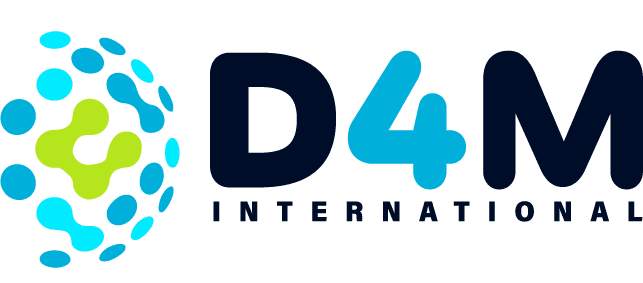Beyond Requests: How Addressing Real Needs Drives Manufacturing Success
About the Interview
When meeting customer demands in manufacturing, do you allow the customer to dictate the solution they want—risking the possibility of unmet expectations and lost business—or do you take the initiative to address their underlying issues, even at the risk of losing the sale? This decision can be stressful, which is why, in this interview, we speak with Chad Decker, Senior DELMIA Consultant, who explores the difference between a customer’s wants and needs.
In this conversation, using a practical example of purchasing a car, Chad illustrates how fulfilling a customer’s specific requests may not always lead to satisfaction if the underlying needs are not addressed. He emphasizes that the best salespeople dig deeper to understand the customer’s true requirements, which might not align with their initial demands. Chad outlines the key qualifications necessary for a team to conduct a value assessment, summarizing it as ‘experience’ while also emphasizing the importance of observation and passion.
To conclude, it is truly important to understand the underlying needs and goals of customers, rather than just focusing on the features and functions they initially request. By taking the time to assess the real issues and desired outcomes, and by using key performance indicators (KPIs) to track success, companies can not only deliver more effective solutions but also maintain momentum in long-term projects and secure additional resources. Ultimately, this approach fosters a more collaborative and successful relationship between customers and providers, leading to better outcomes and higher satisfaction.

